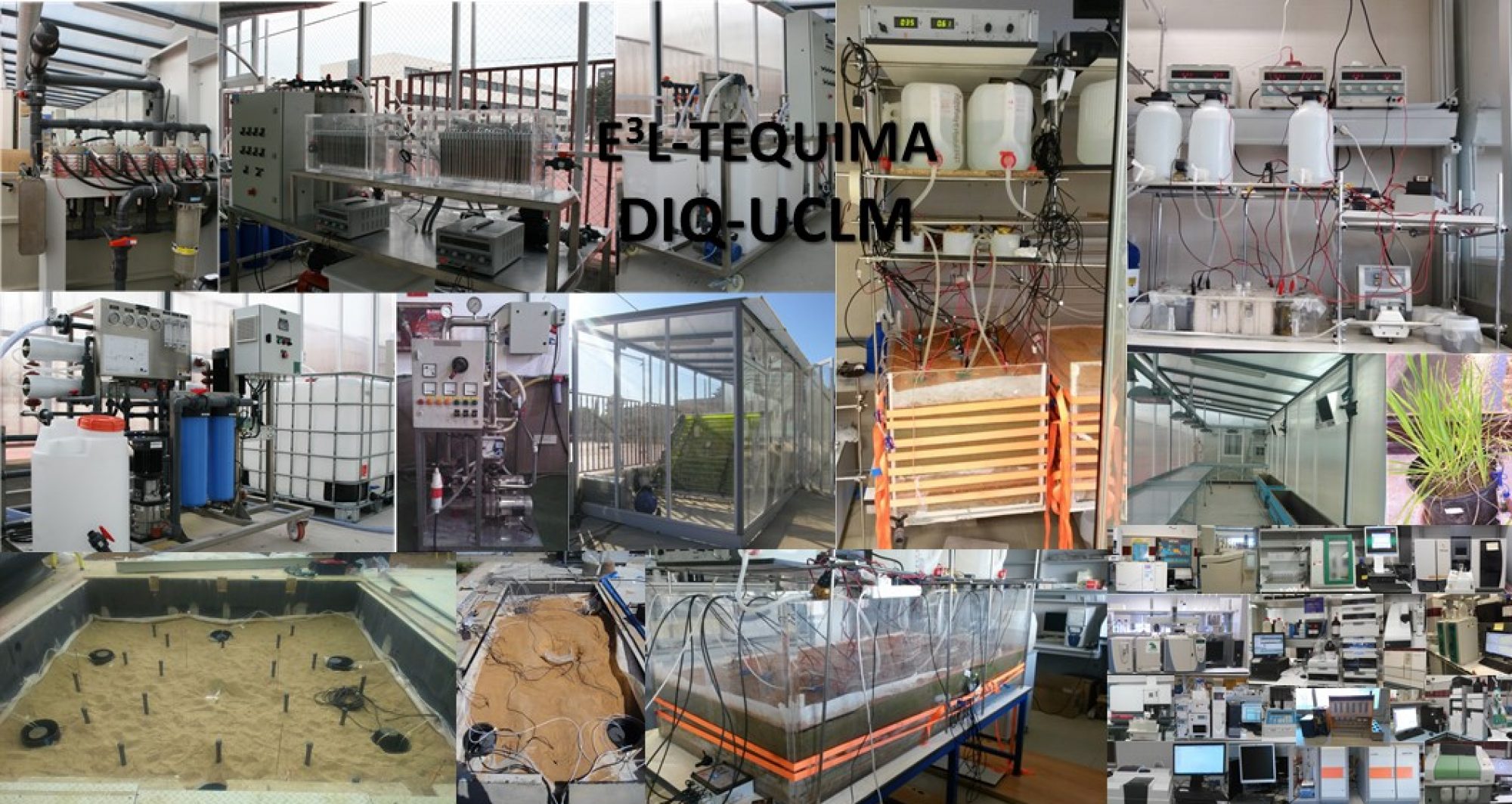This project focuses on the development of novel technological processes based on electrochemistry, which aim to minimize the environmental impact of industrial activities that use or produce chlorinated hydrocarbons. It is based on the research-experience adquired in previous projects, because various of the target technologies grew up from those projects and, hence, here we aim to focus only in processes with high-performance standards. Within this context we are going to develop cutting-edge technology that:
– avoid diffuse pollution associated to accidental discharge events and extract the pollutants by different electrochemically-assisted washing or flushing treatment processes or, alternatively, destroy them with the most advanced electrokinetic permeable reactive barriers.
– achieve the concentration and later destruction of chlorinated hydrocarbons in industrial effluents (and also in flushing or washing fluids), either by technologies based on the chemical or irradiation activation of the oxidants produced electrodically during electrolytic processes or by (electro-)dehalogenation (helping to improve the efficiency of biological wastewater treatment processes).
– avoid gaseous emissions with the treatment of the gaseous streams produced during the application of environmental remediation technologies by electrochemically-assisted reactive absorption and/or adsorption with electrochemical regeneration of the activated carbon.
All these technologies are to be assessed and optimized under sustainability premises, in order to improve their eco-efficiency. To face this challenge, the analysis of their carbon and water footprints, the valorization of byproducts and their powering with renewable energy (either directly or using redox flow batteries for energy management) will be studied. Technology transfer to Society will be promoted with the scale-up and the proof of concept of the technologies that show the best performance. To do this, we will take advantage of our exceptional prototype facilities.
The research lab is multidisciplinar, active, experienced and large enough to reach all the exciting milestones proposed. Members have done research togegher for years. Results will be diffused in high-impact journals and conferences, as it has been the case up to now. Active participation of five stakeholders will help to shift main results from academia to industry and to do this, goals were set within applicability and sustainability premises.
As for the management, the proposal consists of a single project made of two smaller targeted-projects, strongly related to each other. One of them is focussed on soil remediation, while the other on the removal of chlorinated hydrocarbons from liquid wastes. They are coordinated by common activities such as the minimization of the gas emissions and the scale up of the technology to almost full-size. Coupling renewable energies to electrochemical devices is an added value from the view point of sustainability and economic feasibility, and minimization of atmospheric emissions with the application of new concepts such as the eco-efficiency of electrochemical processes is also a key point for both subprojects. Coordination of the project is solid with two specially-suited workpackages that will promote the transfer of results to Society.

Sustertech4ch